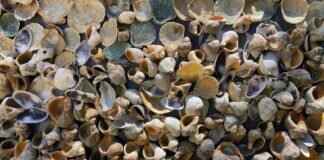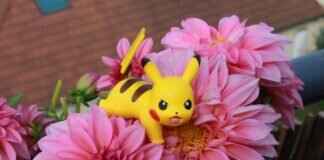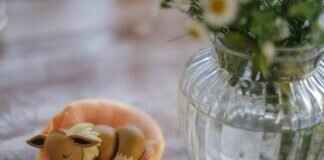Hey guys, have you heard about the current crisis going on with the brown pelicans in Southern California? It’s honestly heartbreaking. These poor birds are either sick or starving, and it’s all because of this toxic algae bloom that’s been wreaking havoc. The bloom is producing this nasty neurotoxin called domoic acid, which is poisoning these filter-feeding fish like anchovies and sardines. The fish don’t get affected, but when birds and marine mammals eat them, they get sick and can even die. It’s a real mess out there.
And get this — it’s not just the adults that are suffering. Baby pelicans are also in trouble. They’re not even sick from the toxins, but they’re so malnourished that they’re struggling to survive. It’s like a domino effect, you know? As more adults get sick and die, the babies are left to fend for themselves way too early. They don’t even know how to fish yet. It’s like a sad cycle that just keeps going.
The International Bird Rescue in San Pedro is doing everything they can to help these little guys. Rebecca Duerr, the director, said they’re taking care of around 60 baby pelicans right now. And that’s on top of the 50 other birds, mostly adults, that have come in because of the poisoning. It’s a tough job, and they keep getting more and more birds every day. It’s like they can’t catch a break.
Debbie McGuire, from the Wetlands and Wildlife Care Center in Huntington Beach, is feeling the pressure too. She thinks that the algae bloom this year got worse because of some runoff from a firestorm in L.A. back in January. It’s crazy how nature works sometimes. And with climate change and warmer waters, harmful algae blooms are becoming more common. The whole situation is just a mess.
The rescue centers are working overtime to save as many birds as they can. McGuire said her team is exhausted but determined. They’re treating these pelicans with all kinds of meds and care, but sometimes it’s just too late. More than half of the birds they’ve taken in have died. It’s a tough reality to face.
So, if you can, consider donating to these centers. They need all the help they can get to keep saving these beautiful birds. It’s a tough time for everyone involved, but with a little bit of kindness, we can make a difference. Let’s show these pelicans some love, okay?














